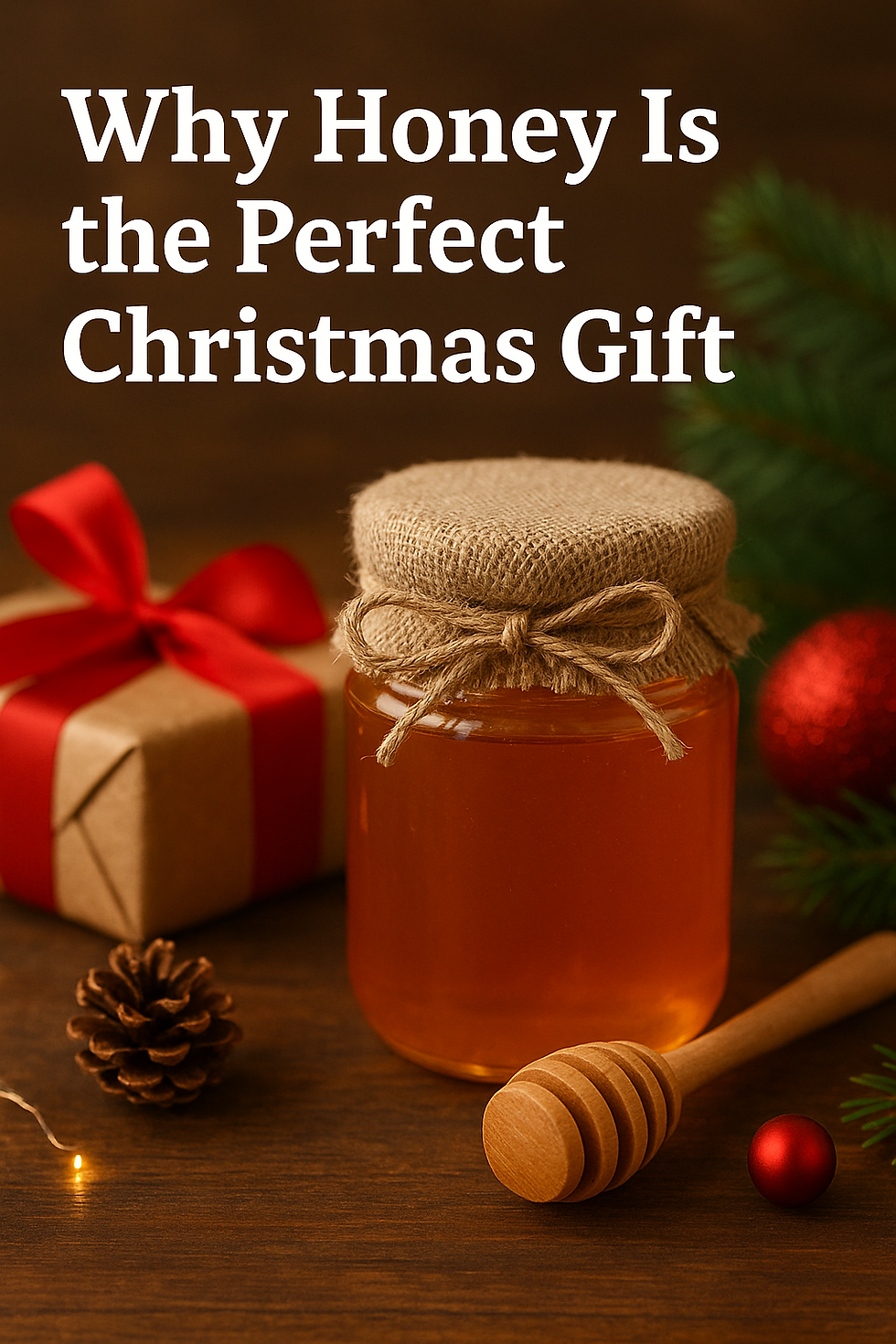Coastal Beekeeping and Beekeeping at the Beach
- Pete Rizzo

- Oct 25, 2023
- 4 min read
Updated: Nov 21

Coastal Beekeeping by the Sea: The Joys and Challenges of Coastal Seaside Apiaries
The Allure of Coastal Beekeeping
For centuries, beekeepers have been irresistibly drawn to the idea of keeping their buzzing colonies near the sea. The combination of mild coastal climates, a smorgasbord of flowering plants, and the invigorating sea breezes creates an almost idyllic environment for honey bees to not just survive, but thrive.
Yet, like any Eden, coastal beekeeping comes with its own set of unique challenges and benefits that you, as a beekeeper, must be prepared for.
The Blooming Benefits
Longer Blooming Seasons
One of the most compelling advantages of coastal beekeeping is the extended blooming seasons. Imagine your bees having a nearly year-round buffet of pollen and nectar from a diverse range of wildflowers, shrubs, trees, and even agricultural crops.
The moderate coastal climates ensure staggered bloom periods, allowing your colonies to grow and produce honey for longer periods. The honeybee beach life sounds pretty sweet huh?
The result is larger, more bountiful honey crops that will make any beekeeper proud. This will depend on where you live of course.
Lower Pest and Disease Pressures
Coastal areas are generally less hospitable to the usual suspects that plague beehives and bee colonies. These pests include varroa mites, hive beetles, and wax moths. They prefer hot, humid conditions, which are less common in coastal regions.
Add to that the natural ventilation provided by coastal winds, and you have a recipe for healthier, less stressed bee colonies. I always say - happy queen bee, happy hive.

The Coastal Challenges
Battling the Elements
Ah, the sea breeze! While it's refreshing for us, it can be a bit too much for your hives. You'll need to secure your hive boxes firmly to the ground to prevent them from becoming airborne projectiles in strong winds.
Screen bottom boards can offer the right balance, providing ventilation while shielding your hive from the salt-laden winds.
The Salt Factor
Salt corrosion is another villain in this coastal narrative. Over time, the salt in the air can corrode woodenware and metal parts of your hive.
A coat of paint on the hive boxes and the use of plastic frames can significantly extend their lifespan. And let's not forget about stainless steel hardware, a must-have for any coastal beekeeper.
Accessibility and Terrain
Getting to your apiary can sometimes feel like an adventure sport. Tides, wetlands, sand dunes, and cliffs often mean that some locations are accessible only by boat or on foot. A sturdy wheeled cart or wheelbarrow becomes more than a convenience; it's a necessity.
Water, Water, Everywhere, But Not a Drop to Drink
Freshwater sources can be scarce along the shoreline. You may find yourself in the unique position of having to transport water to your bee yard, especially if natural freshwater sources are lacking.
Weather Woes
Coastal apiaries are also more exposed to quick-moving storms and even hurricanes, depending on your location. Always have a contingency plan for relocating or securing your hives when the weather turns foul.
The Unpredictable Blooms
The blooming periods of coastal plants can be as unpredictable as the sea itself. Ocean currents and weather patterns can influence nectar flows from year to year. Being attuned to the coastal environment and having backup food stores can make all the difference.
The Legal Landscape
Before you set up your coastal apiary, make sure you're aware of local laws and regulations. Permits, licenses, and zoning laws can vary widely, and you'll need to do your homework to stay compliant.

Ecological Responsibility
Coastal environments are often fragile ecosystems. Adopting organic practices and partnering with local conservation groups can help you minimize your impact and contribute to the health of these beautiful landscapes.
The Romantic Ideal
There's something undeniably romantic about coastal beekeeping. The hypnotic sound of waves, the salty air, and the creative hive placements, from boats to lighthouses, add a layer of magic to the experience. It's not just beekeeping; it's a lifestyle that connects you deeply with nature.
The Irresistible Call of Coastal Beekeeping
For those willing to rise to its challenges, coastal beekeeping offers rewards that are as vast as the ocean itself. The experience of tending to your hives against a backdrop of crashing waves and wheeling gulls is soul-stirring.
You become part of something much larger than yourself, a guardian of fragile coastal ecologies and a participant in their unique world. So, are you ready to answer the call of the sea and the buzz of the bees? Let us know!
Betsy and Pete
Las Vegas, Nevada
About Us: The Authors

We're Betsy and Pete, passionate Las Vegas beekeepers trained by a master in the field. With hundreds of successful bee and bee swarm removals under our belts, we're not just experts; we're enthusiasts committed to the well-being of these incredible pollinators.
We manage dozens of beehives, both natural and honey-bearing at our Joshua Tree Preserve.
Our Commitment to Excellence
Education is an ongoing journey, especially in a dynamic field such as beekeeping. That's why we continually update our knowledge base, collaborate with other experts, and stay up to date with the latest advancements in bee control methods and beekeeping practices.
We also provide top-tier beekeeping supplies, offering everything a beekeeper needs, from beginners to experts.
.png)


